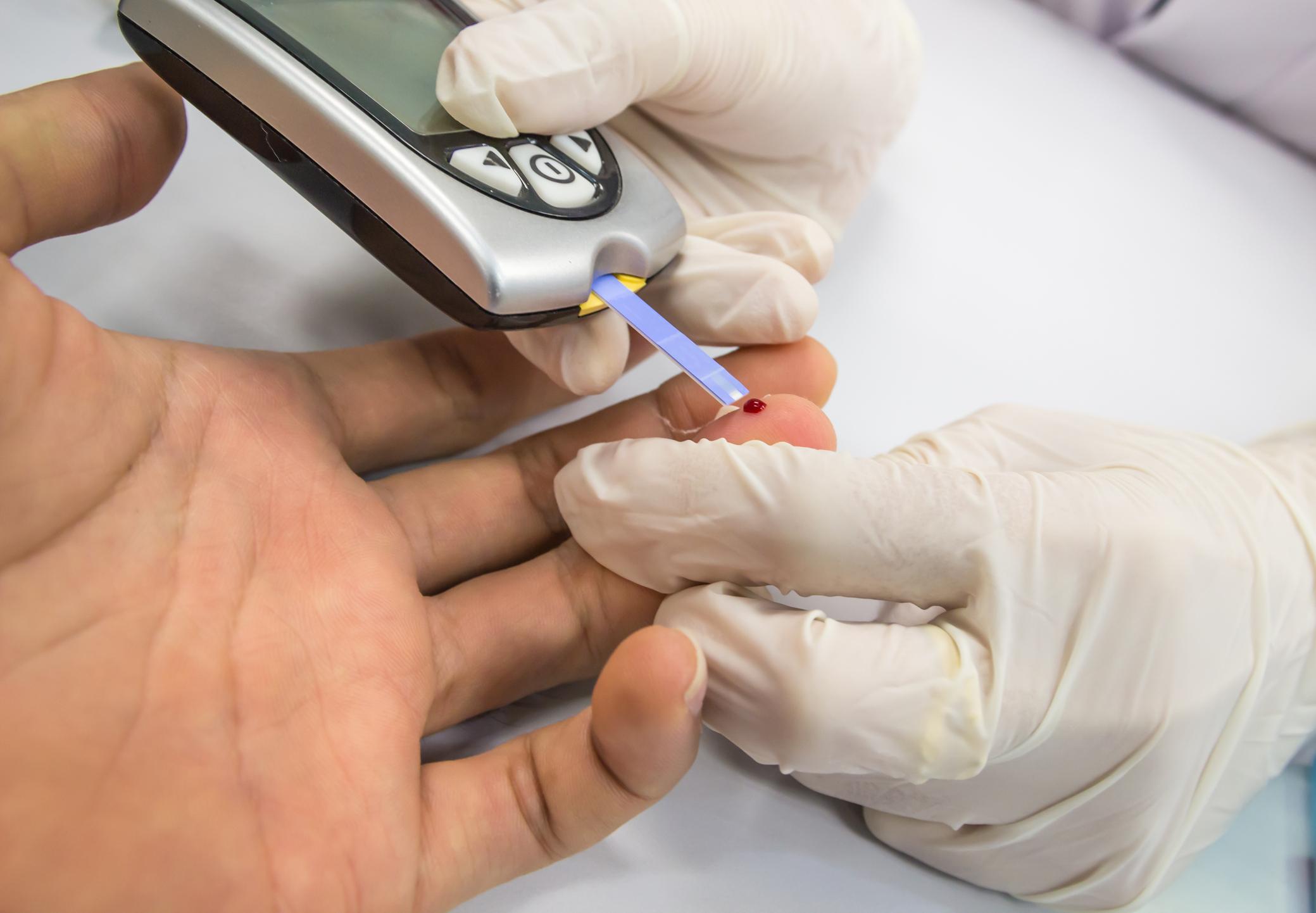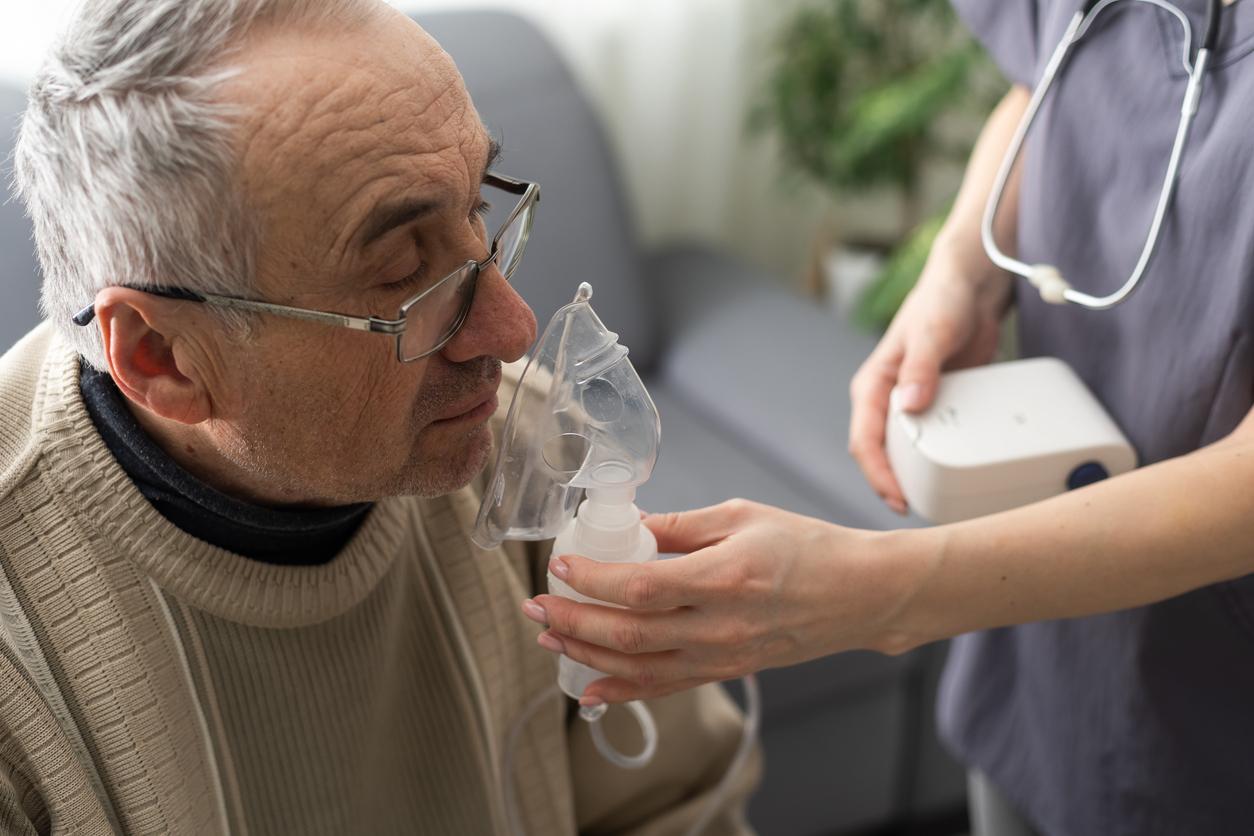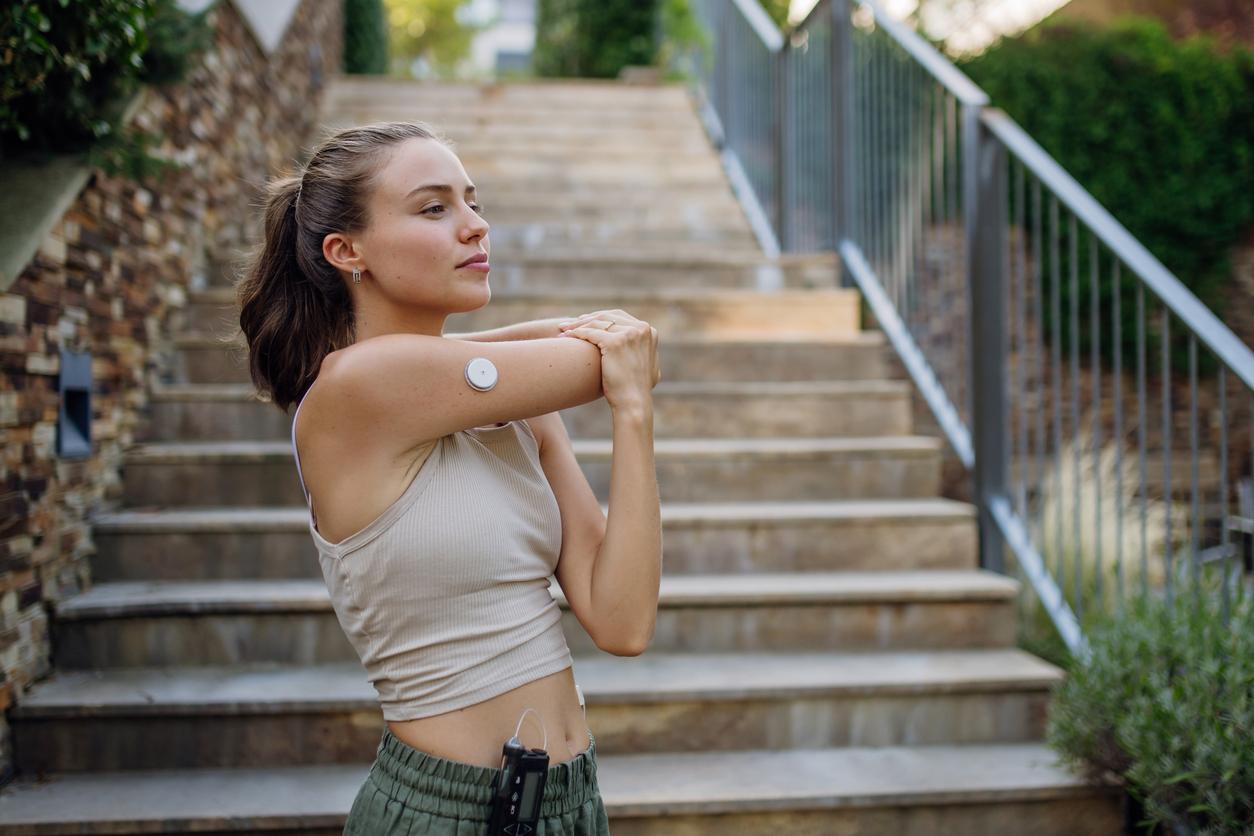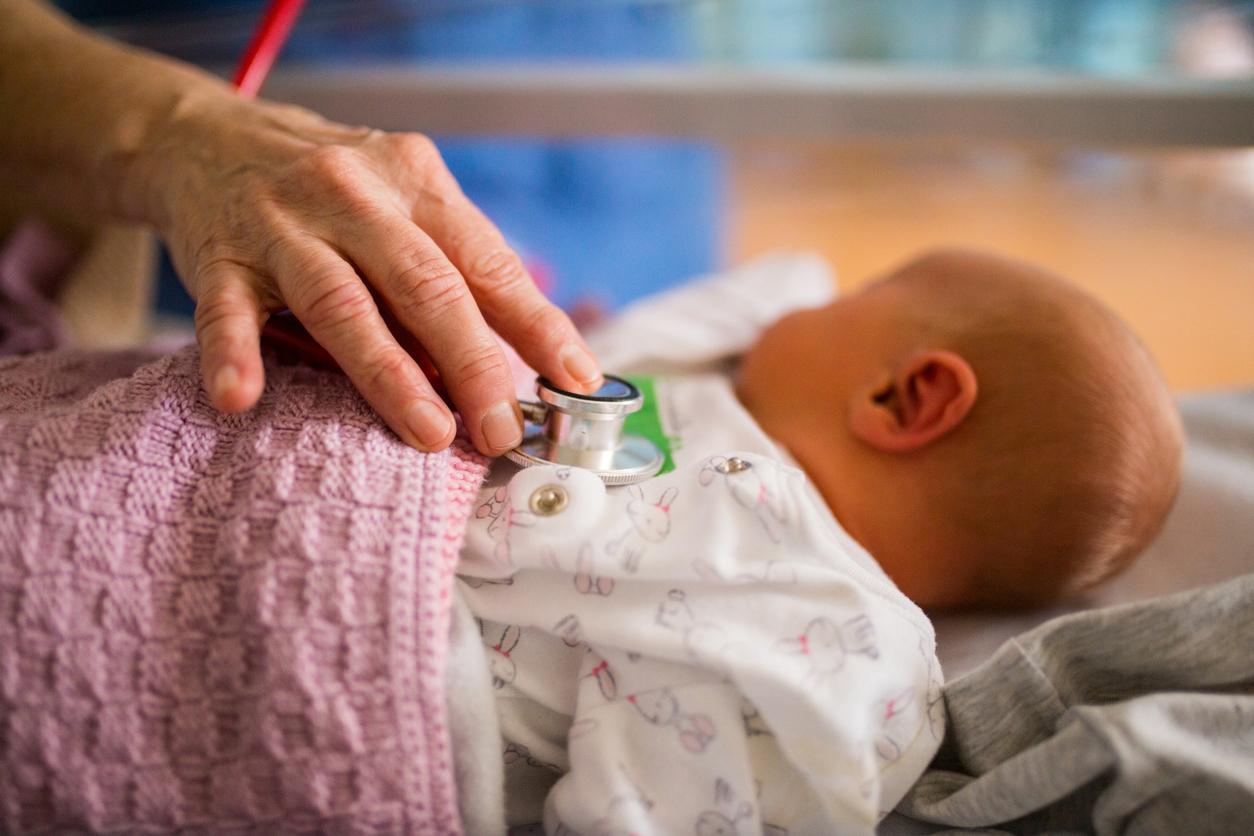Type 1 diabetes triggers different symptoms than type 2 diabetes.

- Diabetes is caused by hyperglycemia, an abnormal increase in blood sugar.
- There are two types of diabetes: type 1 and type 2
- The symptoms of type 1 diabetes and type 2 diabetes are different.
Diabetes is characterized by hyperglycaemia, that is to say a lasting excess of the concentration of glucose in the blood. There are two forms of diabetes: type 1 and type 2. Type 1 diabetes is caused by the absence of insulin secretion by the pancreas while type 2 diabetes is due to improper use of insulin. insulin by the body’s cells.
In a majority of cases, the diagnosis of type 1 diabetes is made more quickly than that of type 2 diabetes. The symptoms of type 1 diabetes appear more quickly than those of type 2.
What are the warning signs of type 1 diabetes?
Symptoms related to type 1 diabetes occur suddenly within a few days or even weeks. They translate to:
- polydipsia, which is increased thirst;
- polyuria, in other words an increase in the volume of urine;
- weight loss despite an increased appetite;
- severe fatigue or blurred vision.
In the absence of treatment, the patient may present other symptoms such as nausea, vomiting, loss of appetite, more significant visual disturbances, drowsiness. According to Ameli Healththe Health Insurance platform, it is also possible “a fruity smell of the breath and an abnormal smell of urine due to the production of ketone bodies (substances resulting from the breakdown of fats in the body)”occur in uncontrolled type 1 diabetes.
Type 2 diabetes: what are the symptoms?
Type 2 diabetes can evolve “silently” for several years, that is to say that this pathology does not induce any symptoms, because the blood sugar level increases gradually.
However, certain signs can sometimes occur such as:
- polydipsia;
- polyuria;
- tiredness ;
- itching in the genital areas;
- slow healing of wounds;
- blurred vision;
- more frequent infections ;
- unexplained weight loss even with an increased appetite.
Faced with these symptoms, do not hesitate to consult your doctor, who can prescribe tests to detect potential type 1 or type 2 diabetes.


















